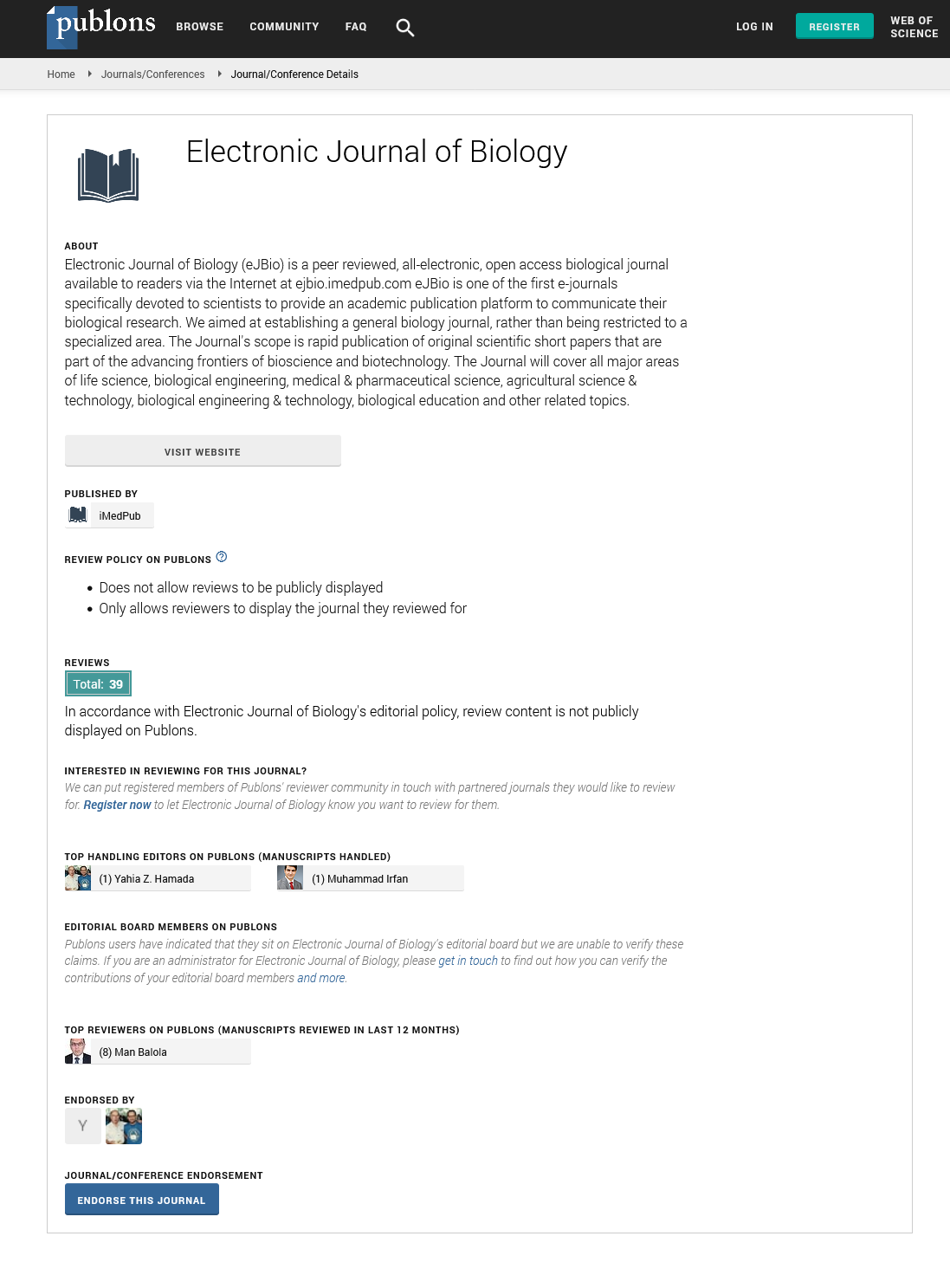Abstract
Antibiotic Resistant Bacteria in Mud of Shrimp Farming Ponds and Bacterial Degradation of Antibiotic
An investigation was conducted to determine the occurrence, resistant efficiency of bacteria collected from four shrimp farming zones, Vunh Tau (VT), Nha Trang (NT), Da Nang (DN) and Hue (HU) of Viet Nam against five commonly applied antibiotics [sulphamethoxazole (SMX), trimethoprim (TMP), norfloxacin (NFC), amoxillin (AXC) and streptomycin (SMC)] and bacterial degradation of antibiotic. Mud samples were employed to examine the resistant population and antibiotic resistant assay of bacteria using spread plate technique and disc diffusion method, respectively. Significantly high resistant bacterial populations were found in SMX (76–296 X 103 cfu/g), TMP (39–309 X 103 cfu/g), AXC (135–154 X 103 cfu/g) and SMC (93–239 X 103 cfu/g), whereas NFC showed a lowest count (0–17 X 103 cfu/g) in all sampling stations. Antibiotic resistant of bacteria was also strong as no clear zones were found in SMX and TMP up to 6 μg/ml and in AXC upto 4 μg/ml concentrations among five antibiotics. Bacterial degradation of the antibiotic (TMP, 0.098 μg/ml/day) clearly pronounced that rate of antibiotic degradation governed by the bacterial resistant ability against the antibiotic. It may also be indicated that unutilized excessive antibiotic residues in mud of shrimp ponds lead to immeasurable loss in the microbial profile by acquiring high degree of resistant efficiency against SMX, TMP and AXC antibiotics in aquaculture environment. Therefore, avoidance of antibiotics application in aquaculture system would be the priority step to minimize and control the severe effects of antibiotic residues and resistant microbial population for the conservation of environment.
Author(s): Jatindra Nath Bhakta, Yukihiro Munekage
Abstract | Full-Text | PDF
Share this

Google scholar citation report
Citations : 5001
Electronic Journal of Biology received 5001 citations as per google scholar report
Electronic Journal of Biology peer review process verified at publons
Abstracted/Indexed in
- Google Scholar
- China National Knowledge Infrastructure (CNKI)
- CiteFactor
- Electronic Journals Library
- Zoological Records
- WorldCat
- Proquest Summons
- Publons
- MIAR
- Openaccessarticles.com
- Secret Search Engine Labs
Open Access Journals
- Aquaculture & Veterinary Science
- Chemistry & Chemical Sciences
- Clinical Sciences
- Engineering
- General Science
- Genetics & Molecular Biology
- Health Care & Nursing
- Immunology & Microbiology
- Materials Science
- Mathematics & Physics
- Medical Sciences
- Neurology & Psychiatry
- Oncology & Cancer Science
- Pharmaceutical Sciences


